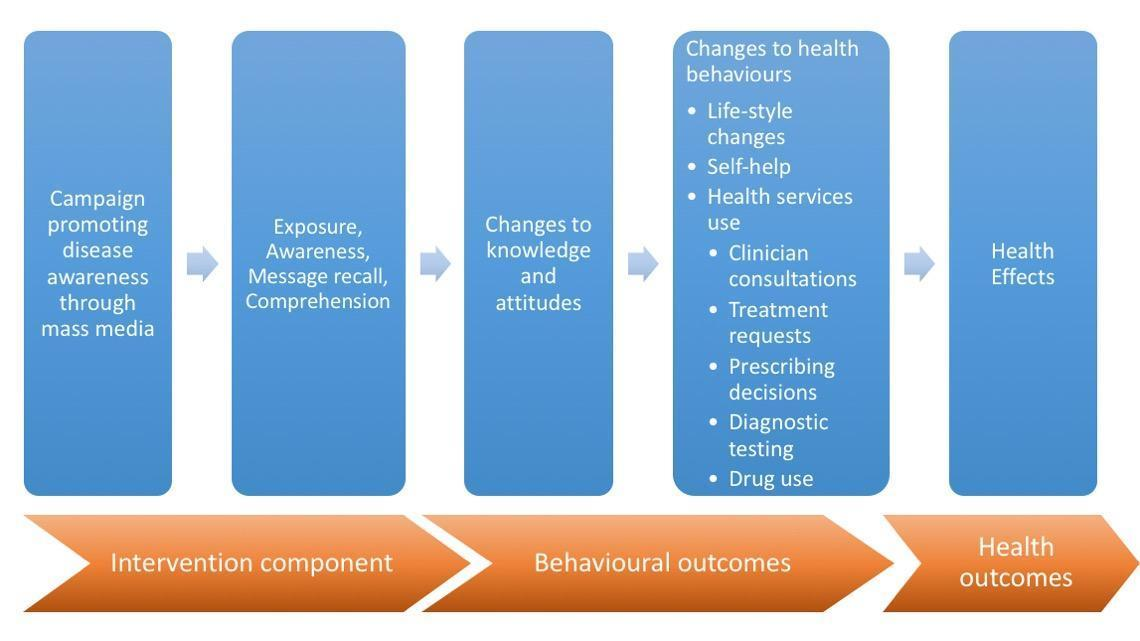Base de datos Cochrane de Revisiones Sistemáticas Protocolo - Intervención
Unbranded advertising of prescription medicines to the public by pharmaceutical companies
Versión publicada: 10 julio 2017 Historial de versiones
Contenido relacionado
Revisiones y protocolos relacionados
Rebecca E Ryan, Nancy Santesso, Dianne Lowe, Sophie Hill, Jeremy M Grimshaw, Megan Prictor, Caroline Kaufman, Genevieve Cowie, Michael Taylor | 29 abril 2014
Michelle Gravolin, Katie Rowell, Jo de Groot | 18 julio 2007
Rebecca Ryan, Sophie Hill, Dianne Lowe, Kelly Allen, Michael Taylor, Cathy Mead | 16 marzo 2011
Rebecca E Ryan, Charlotte Silke, Anne Parkhill, Ariane Virgona, Bronwen Merner, Shauna Hurley, Louisa Walsh, Caroline de Moel-Mandel, Lina Schonfeld, Adrian GK Edwards, Jessica Kaufman, Alison Cooper, Rachel Kar Yee Chung, Karla Solo, Margaret Hellard, Gian Luca Di Tanna, Alisa Pedrana, Freya Saich, Sophie Hill | 9 octubre 2023
Kamal R Mahtani, Carl J Heneghan, Paul P Glasziou, Rafael Perera | 7 septiembre 2011
Sandy Oliver, Carol Dezateux, Josephine Kavanagh, Tami Lempert, Ruth Stewart | 18 octubre 2004
Patriek Mistiaen, Else Poot | 18 octubre 2006
Margarita Corry, Kathleen Neenan, Sally Brabyn, Greg Sheaf, Valerie Smith | 14 mayo 2019
Barbara Meyer, Helen Atherton, Prescilla Sawmynaden, Josip Car | 15 agosto 2012
Hirofumi Tsuruta, Dilruba Karim, Takashi Sawada, Rintaro Mori | 24 mayo 2016


